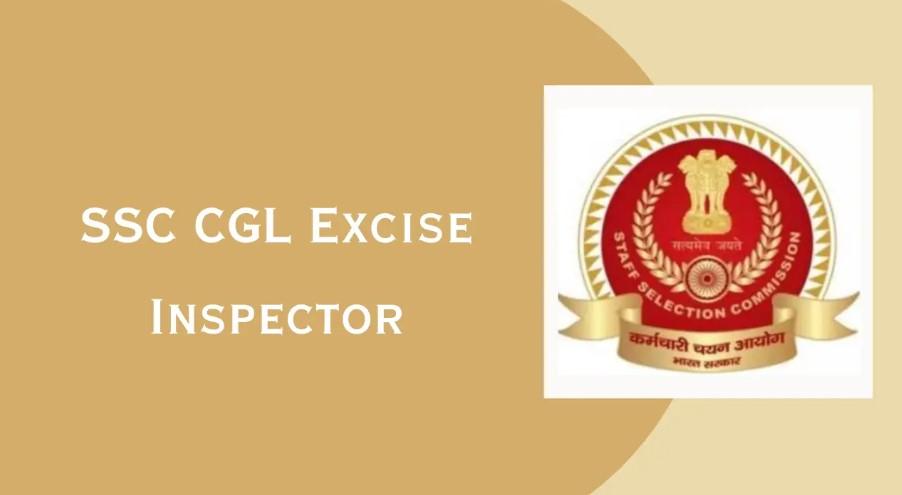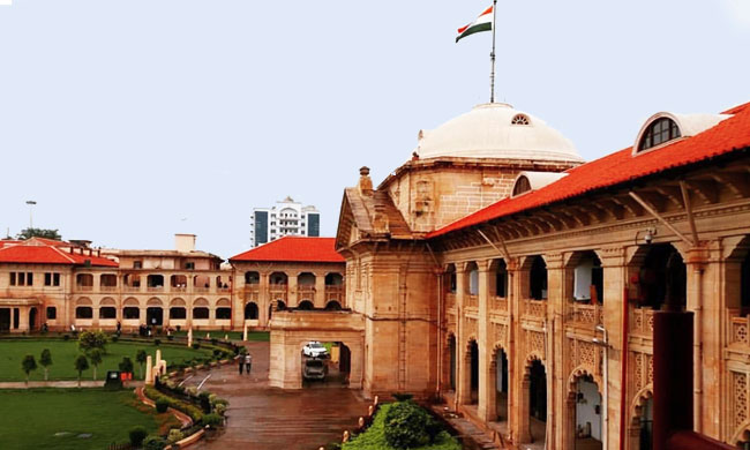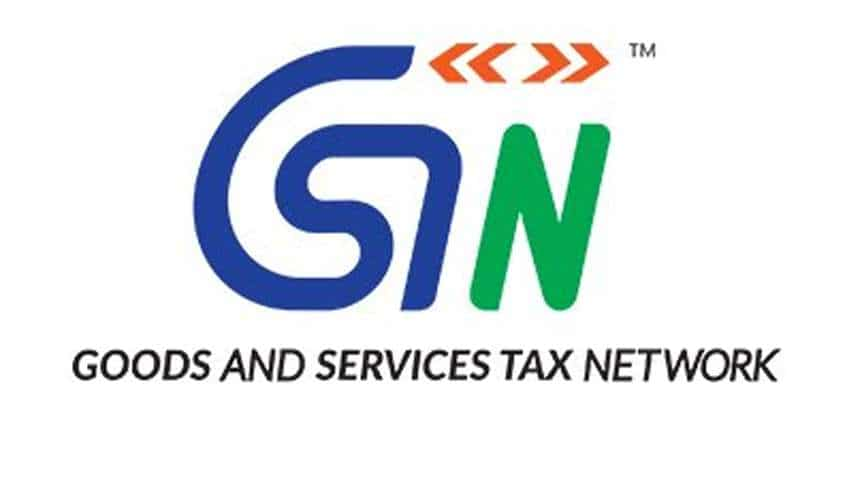The request made by the Manufacturers Traders Association about the GST rate for all the varieties of fabrics which come under Chapters 50 to 63 of the Customs Tariff should get charged at 5% which had based on the recommendations of the Goods and Service Tax (GST) Council was repudiated by the Delhi High Court.

The Manufacturers Traders Association is a society comprising of members engaged in the manufacture of fabrics and, is also the petitioner in this case, who has invoked the extraordinary writ jurisdiction of the Delhi High Court under Article 226 of the Constitution of India, 1950 and is seeking a writ like a mandamus which could direct the Central Government and also the Government of NCT of Delhi to notify the GST rate of 5% for all varieties of fabrics falling under Chapters 50 to 63 of the Customs Tariff in furtherance of the recommendations made by the Goods and Service Tax Council.

The petition given by the Manufacturers Traders Association revolves around these three following GST Notifications-
Firstly, Notification No. 1/2017-Central Tax (Rate) dated June 28, 2017, issued by Central Government under Section 9(1) of the CGST Act, 2017, notifying the rate of central tax at 6% on Intra-State supply of fabrics.
Secondly is the Notification No. 1/2017- Integrated Tax (Rate) dated June 28, 2017, issued by Central Government under Section 5(1) of the IGST Act, 2017, notifying the rate of integrated tax at 12% on Inter-State supply of the fabrics.
Thirdly, Notification No. 1/2017-State Tax (Rate) dated June 30, 2017, issued by Government of NCT of Delhi under Section 9(1) of the DGST Act, 2017, notifying the rate of state tax at 6% on Intra-State supply of fabrics made within the NCT of Delhi.
Manufacturers Traders Association is not satisfied and insists that the Goods and Service Tax Council has recommended tax at the rate of 5% for all fabrics. And it mentions the reply given by the Union Minister for Finance in response to a starred question raised in the Rajya Sabha, to support his claim.
This petition was heard by the single-judge bench of Justice Sanjeev Narula, and he rejects the claims made by the Manufacturers Traders Association and said in his judgement that the 101st Amendment to the Constitution had brought into existence the GST framework and created Goods and Service Tax Council as the highest deliberative forum to resolve the issues arising out of the implementation of the GST.

Justice Sanjeev Narula also said that the GST rates on goods and service are jointly decided by the centre and states government based on the recommendations provided by the GST Council.
The court said, “The composition of Goods and Service Tax Council and the constitutional scheme of taxation is a clear indication that the functioning of the GST Council is based on collaborative efforts that embody the spirit of cooperative federalism. The coming together of the stakeholders has given rise to a unified system of taxation for the entire country. The GST tax rates must be notified in consonance with the recommendations of the Goods and Service Tax Council.”
Lastly, the court stated, “The only aspect that required introspection now stands concluded in view of the emphatic response of the GST Council in its 38th Meeting, wherein they have reiterated that the recommendation for the rate of tax was indeed 12%. The impression of contradiction that appeared in the comparison between the counter affidavit of GST Council and the minutes of the meeting has been resolved and conclusively settled.”

With Warm Regards,
CL Bureau.













